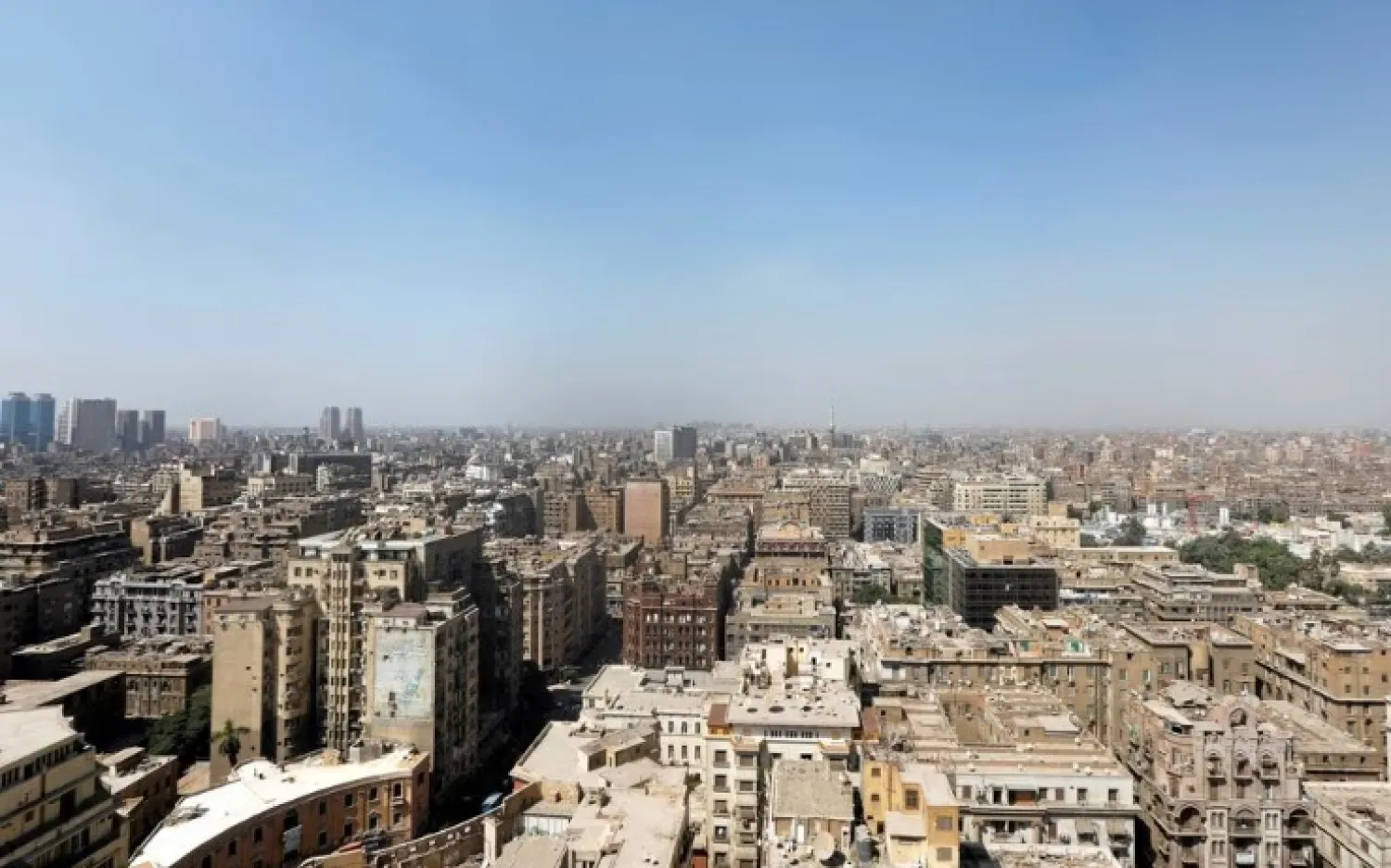Investors, businessmen and economists have called for the need to review Egypt’s investment laws, increase investment incentives and rely on the free zones system to strengthen the Egyptian economy in light of the current global challenges.
Twenty-six representatives of major investment companies and executive agencies, as well as business experts, discussed the most important challenges and proposals that would support the Egyptian economy, during the 9th workshop organized by the Council of Ministers’ Information and Decision Support Center, within the framework of an integrated research project to prepare scenarios to deal with the global economic situation during 2023-2024.
Dr. Mahmoud Khattab, Chairman of the Board of Directors and Managing Director of B.TECH, stressed the need to ensure consistency in the administrative decisions regulating commercial and investment activities, limit the multiplicity of supervisory and oversight agencies, and increase the facilitation of tax procedures to push forward the business movement.
Bassem Fayek, office co-leader for Boston Consulting Group (BCG) in Cairo, pointed to the importance of maintaining efforts to overcome obstacles facing local investors.
For her part, Dr. Hala Aranda, head of the Public Policy and Government Relations Sector at Amazon Egypt, called for a communication mechanism between the investor, the government and Parliament, to ensure that the various laws are issued after listening to representatives of the business community.
She also shed light on the importance of the participation of investors in policy-making.
Meanwhile, Marwa Mahgoub, a private sector development expert at the International Finance Corporation at the World Bank Group, recommended setting up an implementation plan with a specific timeframe and assignments in the promising productive sectors in Egypt, such as the food and automotive industries, while defining the responsibilities of the government agencies and investors.
Dr. Reham El-Desouki, expert and economic consultant, put forward a set of proposals to increase heavy industry investments in Egypt.
Those included reliance on the free zones system to provide major tax exemptions for investors.
For his part, Moataz Mahmoud, Chairman of Parliament’s Industry Committee, stressed that maintaining the stability of monetary and financial policies would help the investors to maximize their returns.
He added that encouraging investments required a package of tax incentives, especially for industries based on local raw materials.









